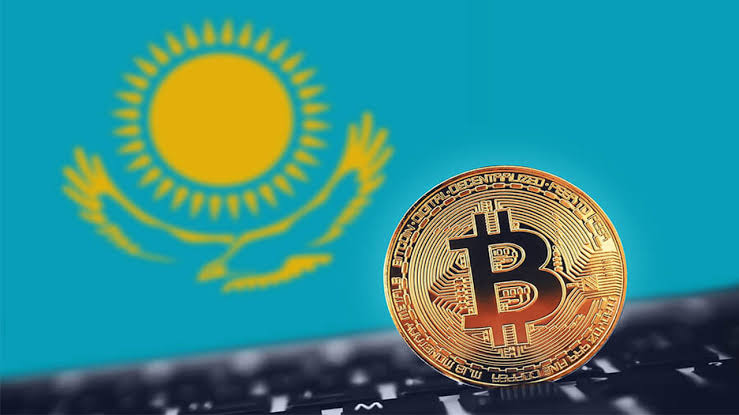The president of Kazakhstan is prepared to legalize exchange activities after a major bank there conducted its initial crypto for fiat transactions.

President Kassym-Jomart Tokayev stated on September 28 that Kazakhstan is prepared to legalize a system for converting cryptocurrency to cash if there is a demand.
Tokayev stressed during his speech at the international conference Digital Bridge 2022 that Kazakhstan wants to lead the world in digital technology, the cryptocurrency ecosystem, and controlled mining. He mentioned that Kazakhstan’s national law has been amended by the government in order to test a mechanism for converting cryptocurrency at the Astana International Financial Centre.
“We are ready to go further. If this financial instrument shows its further relevance and security, it will certainly receive full legal recognition,” Tokayev stated.
The president of the nation reportedly stopped by a joint exhibit set up by the Intebix cryptocurrency exchange and the country’s largest local lender, Eurasian Bank at the Digital Bridge 2022 event.

Local media reported that the Eurasian Bank and Intebix performed the bank’s first regulated crypto-for-fiat transaction together. The legality of Kazakhs buying cryptocurrency with their own currency, the tenge, has made the precedent a significant turning point in Kazakhstan’s acceptance of cryptocurrencies.
ATAIX, a cryptocurrency exchange, as well as Altyn Bank and Halyk Bank, Kazakhstan’s largest bank, are additional organizations involved in the pilot cryptocurrency programs.
Following Vladimir Putin’s announcement of a partial mobilization of reserve personnel to fight in Ukraine, thousands of Russians have just entered Kazakhstan. In response to Treasury Department of the United States warnings about sanctions, Halyk Bank halted the usage of Russian Mir payment cards on September 21.
Kazakhstan is not the only nation attempting to increase the acceptance of cryptocurrencies that has become a favorite departure point for Russians. Georgia, a neighboring state, has also been taking steps to enact new cryptocurrency legislation in an effort to establish itself as a worldwide crypto hub.

Countries like Georgia and Kazakhstan seem to embrace cryptocurrency along with Russians escaping mobilization, but Europe has grown more anxious about Russians using cryptocurrency to access their money. The European Union apparently intends to prohibit Russian citizens and entities from holding any assets in EU cryptocurrency wallets after limiting Russian payments to European crypto wallets to a maximum of 10,000 euros in April.
Russian cryptocurrency operations have relied heavily on foreign crypto infrastructure. The Bank of Russia has always argued against legalizing any domestic cryptocurrency exchanges.